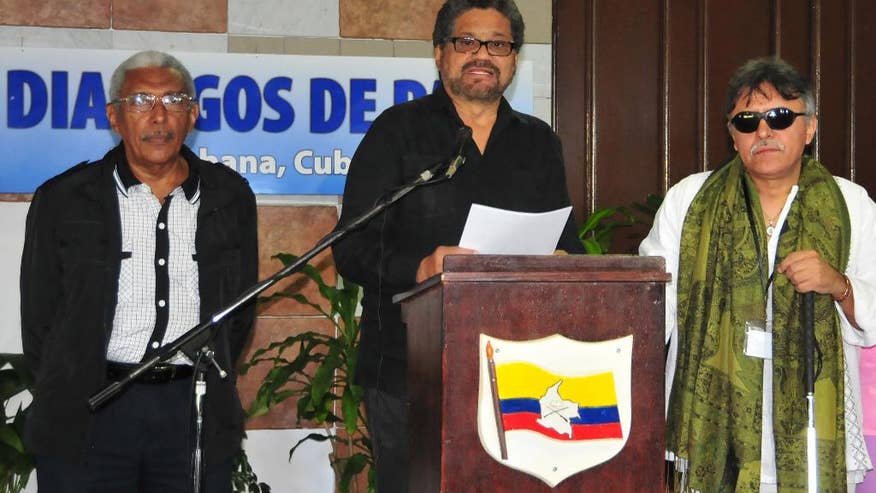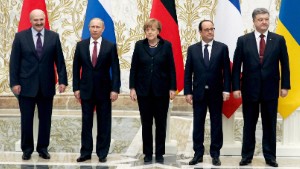By Lyndsey Kelly
Impunity Watch Reporter, North America
WASHINGTON, D.C., United States of America –On Wednesday, an Illinois man who served 29 years in prison for the 1985 rape and murder of a high school girl was freed after DNA evidence cleared him of any link to the crime. Christopher Abernathy, 48, confessed to the killing of Kristina Hickey, 15, in 1984 in Park Forest, Illinois, a southern suburb of Chicago, was released on a court order last week.

Abernathy, who was 18 at the time of the crime, confessed to the murder, but suffered from a diminished mental capacity. Abernathy was diagnosed with learning disabilities, but nevertheless was allowed to sign a statement confessing to the murder of Hickey, then a sophomore at Rich East High School. Lauren Kaeseberg, of the Illinois Innocence Project, said that Abernathy was held for two days at the local police station while being persistently questioned, until he was “coerced” into signing a false confession.
At the time of the crime, law enforcement did not have the scientific technology, which made it possible to conduct DNA analysis. However, last year, Abernathy’s attorneys asked for DNA testing on eight pieces of critical evidence from the crime. The evidence was subsequently tested and the results showed that Abernathy’s DNA profile did not match any of the available evidence. With DNA evidence clearing him, the charges against Abernathy were dismissed. Abernathy has stated that he is “scared” to be let out of prison, but his attorneys said that he is ready to start a new life.
While the DNA results showed that all eight pieces of evidence suggested that there was a single killer, the DNA database found no matches. A cold-case team will now be put to work on the 30-year-old murder.
The number of people exonerated in the United States in 2014 has grown exponentially. The exoneration rate is now at a record high of 125, partly due to a growing number of prosecutors willing to admit their mistakes.
For more information, please see the following:
ABC CHICAGO – Christopher Abernathy Freed By DNA Tests in 1984 Murder of Kristina Hickey – 11 Feb. 2015.
CBS CHICAGO – Chicago Man Freed From Prison After Sentence Vacated In Illinois Teen’s 1984 Death – 11 Feb. 2015.
NPR – DNA Evidence Frees Illinois Man Convicted of Rape, Murder in 1984 – 11 Feb. 2015.
REUTERS – Illinois Man Freed By DNA After 29 Years’ Imprisonment For Murder – 11 Feb. 2015.


 Newsletter |F ebruary 2015
Newsletter |F ebruary 2015


